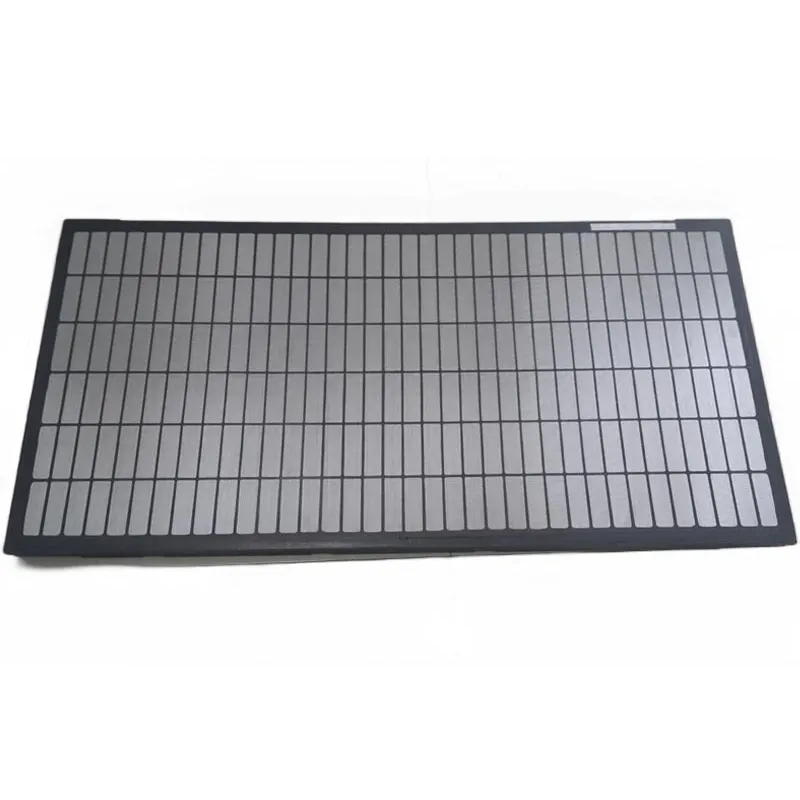- Industrial zone, South of Anping Town, Hengshui, Hebei, China.
- sales@hfpetromesh.com
- +86-18931809706
grating company
The Significance of Grating Companies in Modern Infrastructure
Grating companies play a vital role in various industries, providing essential products that are integral to safety, efficiency, and functionality in both industrial and commercial settings. With the advancement of technology and an increasing focus on sustainability, these companies have evolved significantly, offering a diverse range of products and services aimed at meeting the demands of contemporary infrastructure.
At their core, grating companies specialize in the design and manufacturing of grating systems. These systems typically consist of a series of parallel, flat bars that are spaced to create an open grid pattern. This design allows for the passage of light, air, water, and other elements while providing support for weight loads, making grates indispensable in numerous applications. Industries such as construction, petrochemical, food and beverage, pharmaceuticals, and transportation heavily rely on grating systems for floor installations, walkways, drainage systems, and safety barriers.
The Significance of Grating Companies in Modern Infrastructure
Innovative manufacturing processes have led to the development of fiberglass grating as well, which offers a lightweight alternative that is resistant to electromagnetic interference and chemicals. Fiberglass gratings are popular in industries that require a high degree of safety, such as petrochemical facilities where there is a constant risk of spills and corrosive materials. The non-conductive nature of fiberglass also makes it invaluable in electrical installations and applications where grounding is required.
grating company

In addition to the wide range of materials, grating companies are also embracing technological advancements to enhance their products. For example, companies are now incorporating anti-slip surfaces into their grating designs, significantly improving safety for employees working in areas prone to wet or slippery conditions. Furthermore, these companies often provide customizable solutions, enabling clients to select dimensions, materials, and finishes that meet specific regulatory and environmental standards.
Sustainability is another core focus for many modern grating companies. With growing awareness about environmental impact, companies are increasingly adopting green practices in their manufacturing processes. This includes sourcing recycled materials, reducing waste, and implementing energy-efficient production techniques. By prioritizing sustainability, these businesses not only comply with regulations but also cater to the growing consumer demand for eco-friendly products.
Besides manufacturing, grating companies often offer design and consultation services. Their expertise enables clients to maximize the efficiency and safety of their facilities. By assessing specific site conditions and requirements, companies can recommend tailored grating solutions that align with industry regulations and best practices.
Furthermore, grating companies contribute to safety training and education within industries, helping to ensure that workers understand the importance of proper installation, maintenance, and usage of grating systems. This emphasis on safety education helps to mitigate risks associated with work environments, emphasizing the value of quality products and informed personnel in preventing accidents and injuries.
In conclusion, the role of grating companies extends far beyond mere manufacturing. These organizations are pivotal to modern infrastructure, providing vital products that enhance safety, function, and sustainability across various industries. Through innovation, customization, and a commitment to eco-friendly practices, grating companies are positioning themselves as essential partners in creating safer and more efficient work environments. As industries continue to evolve, the importance of reliable and high-quality grating solutions will undoubtedly grow, making grating companies vital players in the continuing development of infrastructure worldwide.
-
The Power of Pyramid Shaker Screen - A 3-Dimensional SolutionNewsOct.24,2024
-
Exploring the Versatility and Durability of Steel GratingNewsOct.24,2024
-
Revolutionizing Drilling Efficiency with Steel Frame Shaker Screens for Mud Shale ShakersNewsOct.24,2024
-
Potential of Shale Shaker ScreensNewsOct.24,2024
-
Offshore Pipeline Counterweight Welded Mesh - Reinforced Mesh in Marine EngineeringNewsOct.24,2024
-
Revolutionizing Offshore Pipeline Stability with Concrete Weight Coating MeshNewsOct.24,2024
